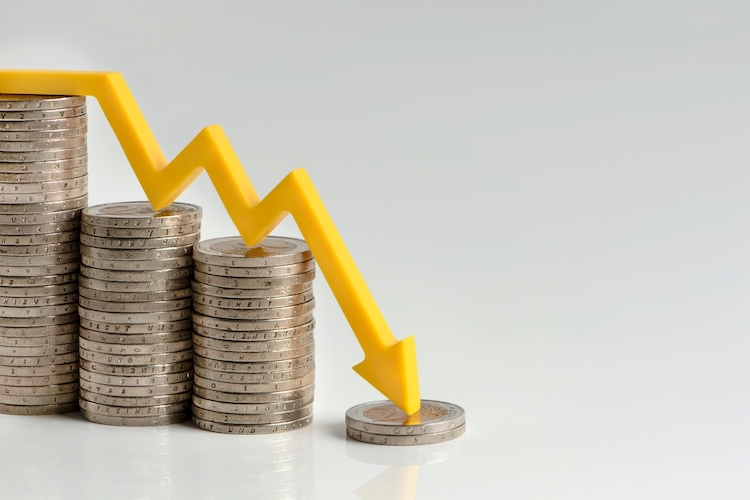What A Stock Market Drop Means For Your 401(k)
You’ve likely heard the adage ‘Slow and steady wins the race.’ That pearl of wisdom most definitely applies to investing, where reaping rewards may require perseverance and patience. On March 9th, 2020, the Dow Jones Industrial Average saw its worst drop since 2008 in response to news of both COVID-19 and the oil price war.
The stock market has been on a wild roller coaster ride in the past few weeks, and many an investor seeing a steep drop in their 401(k) or IRA has felt like saying, “Stop, I want to get off.” But knowing how your retirement investments work, and what to do during a market slump can mean less panicked action and more practical thinking.

How Retirement Investments Work
A 401(k) is an employer-sponsored investment plan; an Individual Retirement Account (IRA)—either traditional or Roth—is typically set up by an individual to invest money toward their retirement. With a 401(k) or traditional IRA, you get the tax benefit upfront and pay taxes when you withdraw, while with a Roth IRA, the withdrawals are tax-free. Regularly adding money to these types of accounts allows you to grow a retirement fund that, hopefully, you can live off of during your retirement.
When you’re younger, you might want to opt for investments that carry some risk, such as stocks. But as your retirement age draws near, you’ll want to consider shifting investments to less-risky categories, like bonds and cash, that don’t lose value during market slumps. As a result, if there’s a dip in the stock market, you’ll have time to recover your money if you’re younger and you’ll be better protected from fluctuations as you get older.
What To Do During A Slump
The market takes a tumble, and so does the balance on your 401(k). Now what? According to Certified Financial Planner Holly Donaldson of St. Petersburg, Florida, there’s really no need to panic. The cash component of your account, as well as the contributions you should continue to make, can be used to buy up more funds at rock-bottom prices. All of this means you most definitely don’t want to sell because you’d be locking in your losses.
Donaldson suggests listening less to the news so that you’ll be less likely to panic. “What I advise is you use the calendar and not the news.” She also believes that checking in with your portfolio on a quarterly basis, rather than daily. Donaldson noted that the stock market typically takes one to two years to correct itself, which means that a single day or a few weeks of volatility shouldn’t impact your long-term strategy.
Regardless of market volatility, if you’re closer to retirement, Donaldson recommends talking to a financial planner or checking in with your employer’s 401(k) representative to make sure your portfolio has the right mix of stocks, bonds, and cash to suit your future needs.
